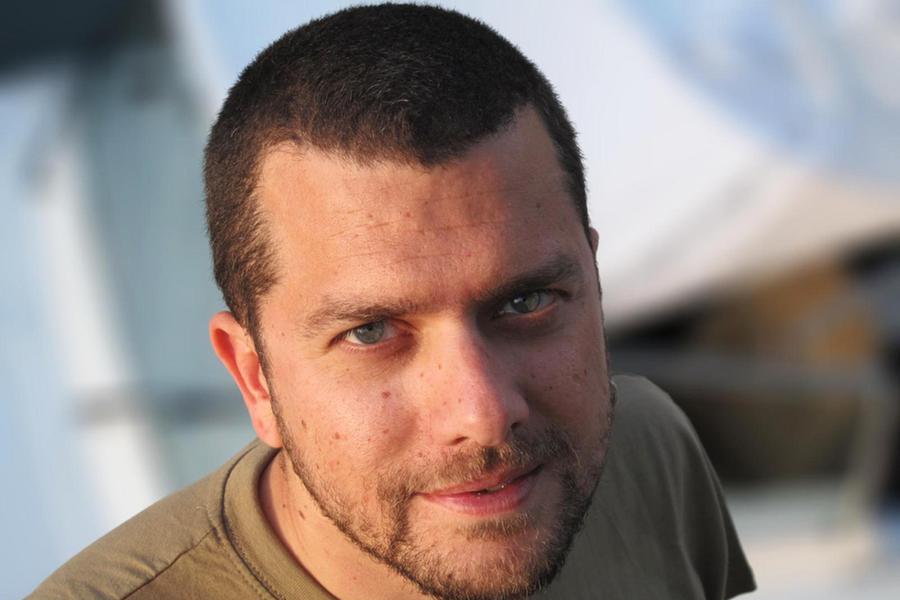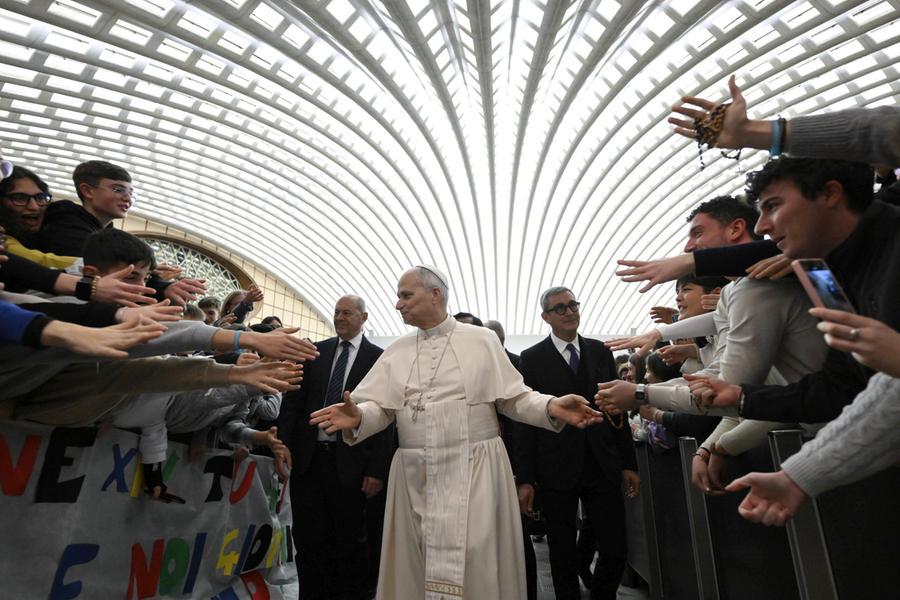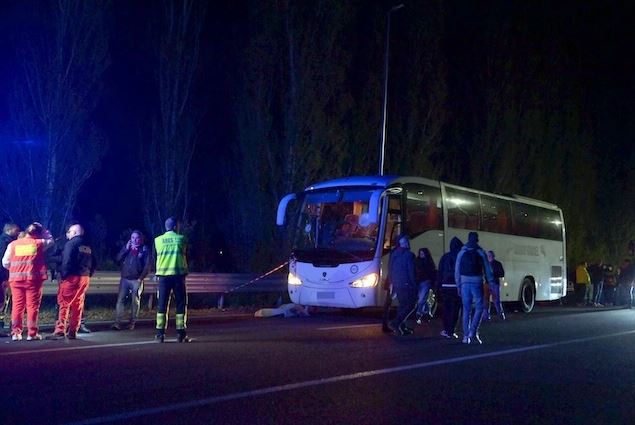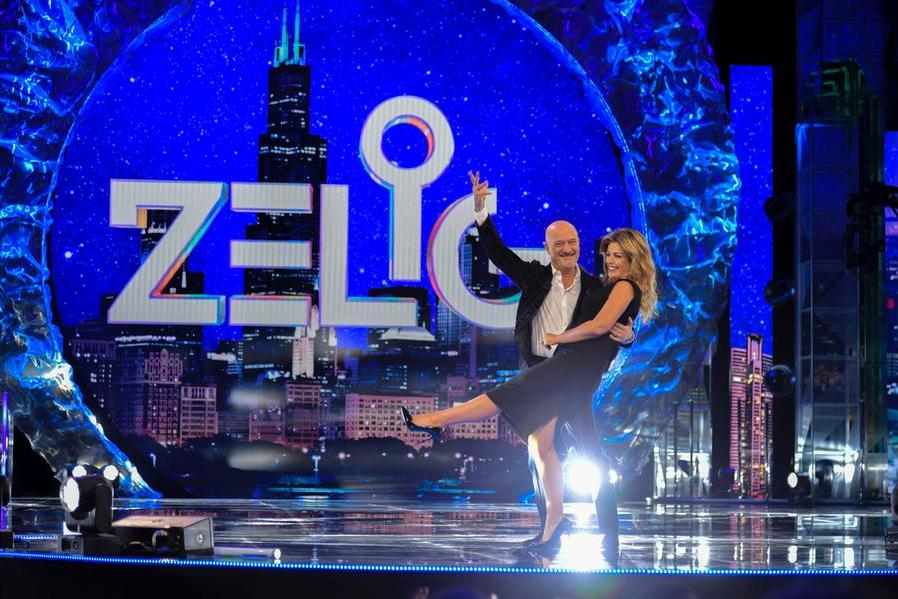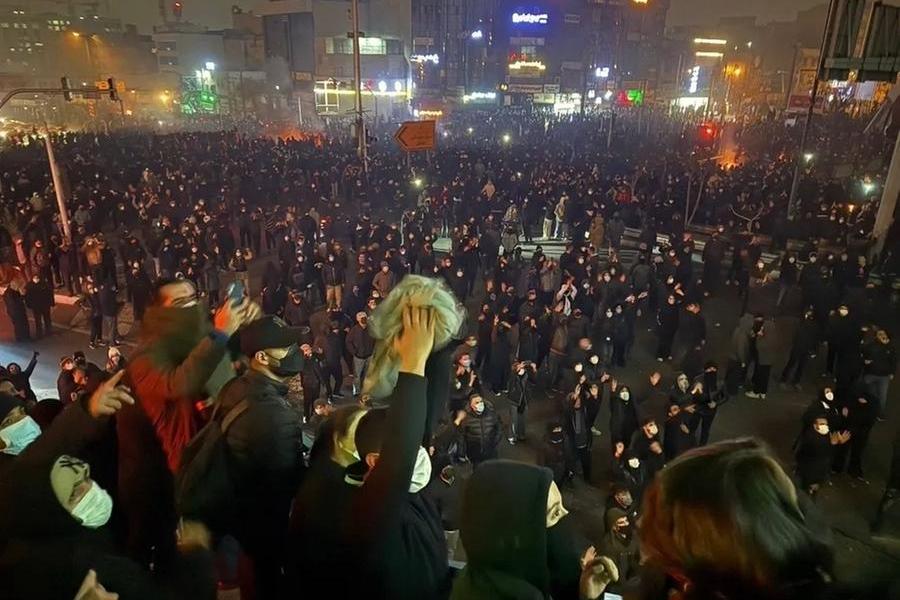The next day remains the news of a senseless and announced death. It started with an ambush on the Pistoia Basket bus returning from Rieti: a stone-pelting of opposing fans along the highway, a brick smashing through the windshield and killing a driver, Raffaele Marinella, 65 years old, not the one driving, of the bus that was taking the Pistoia fans home. The context is that of the A2 basketball series. We asked Flavio Tranquillo, Sky’s longtime voice of basketball, with a culture and a particular aptitude for observing the sporting phenomenon well beyond the lines of the pitch, to help us interpret these facts, which we are used to associating with football. «It seems inappropriate to me to make it an issue of basketball or football, because in the last 10 years we have recorded at least 30 cases of objects being thrown at opposing fans in basketball and 250 in football. En passant, this difference is explained by the different dimensions of the two movements, certainly not by the presumed superiority of one discipline over the other. If episodes of violence occur with such frequency, rather than focusing on the consequences we must look at the phenomenon as a whole. The theme therefore becomes the relationship between violence, sport and cheering.” The FIP has decided to have the home matches in Rieti played behind closed doors, a symbolic decision. But what we see is a phenomenon that we have already seen: going to violence outside the stadium where control is more difficult. Do you have the impression that there are ideas on how to stem this? «The investigations will establish what happened, but I understand that the police used a protocol typical of these situations: I protect the exit from the building, I supervise boarding the bus, I travel a few kilometres, I make sure that there is no one behind, after which I abandon the vehicle on its journey. However, the point is not one of public policy. Furthermore, it would be implausible to think of escorting all the buses from all the Rieti and Pistoie areas of Italy from the match to their homes. If we tried to solve the problem only by increasing the intervention of the police or the Daspo, I think we would lose the game right from the start.” But are symbolic signals useful or not so much? «First, I remind myself that symbol and devil come from the same Greek verb, dance. The symbolic initiatives, which in effect unite, are also the result of saying to oneself: I have done my part, I cannot do more. Which is true in some ways, but not in others. Having reiterated that it would be unthinkable to militarize the thousands of sporting events potentially at risk every weekend in Italy, we can ask ourselves whether there isn’t something in sport that we could call ‘cultural facilitation’. Part of the problem, I believe, is that we tend to accept a verbal or physical amount of violence as physiological and consubstantial with sport and cheering. Furthermore, violence is “justified”, not only by those who perpetrate it, as a ‘retaliation’, a reaction, a defense. Sometimes, however absurd it may be, against refereeing “injustices” or the errors of others, in a terrible modernization of the law of retaliation. The justifications of the “extremists” of the 1970s come to mind: then they brought up ideology, here we hide behind passion, but the mechanism is not that different, including a demonization of that power whose darkest sides are unconsciously reinforced.” Are you saying that sport is nothing more than the catalyst for a violence that is already out there, that runs through debates and street fights? «100%. Sport, which is a ritualisation of war in its origins, has partly taken the place of what street fighting was yesterday: a phenomenon of identity, of belonging, which clings to symbols (the shirt, the flag) which, while uniting, divide (like the Devil). Now as then, those who used violence are a clear minority compared to tens of millions of citizens. In both cases, however, the phenomenon is socially and culturally relevant. And in both cases, the temptation is to think: “as long as they give it to each other it’s not that serious.” Without understanding that society, democracy and (in its small way) sport depend on the care with which they are not so much defended but shaped by all of us. Wrong and very short-legged thinking, because then it happens that others who are just working are involved, like the bus driver or Commissioner Raciti. «Precisely, I believe that there is a lack of reflection on the breeding ground in which this violence grows and, above all, on how to change it. And if on the problem of public order I declare myself incompetent, on that of culture, a word which not by chance resembles ‘culture’, I feel responsible. And at high altitude I run correctly.” A few weeks ago you brought the theme “Ethics in sport and life” to the stage of the Overtime Festival. Do we understand that many projects that are an end in themselves aren’t enough to convey it in sport? «A bit like in life, we should start from families and places of education: if the children who enter sports clubs mostly come out as fans, which is by no means synonymous with violent people, it means that we are unable to promote a different (and broader) perspective than that of the respectable supporter. It would be appropriate to spend more time, in addition to training the athlete in a technical-tactical sense, to give a sense of doing, watching and thinking about sport. One of the reasons why this activity is so popular is its ability to aggregate, but there are different ways of aggregating. It can be done to play (together and against) in a set of freely accepted rules, but also to throw stones in a group that allows me to vent my frustrations against the “enemy”. In this sense I believe that the problem is cultural: too often the environment transmits the idea that winning, which remains the objective of those who participate, is the only way to give meaning to sport. We must start from the cancellation of this horrible culture of results, which is the cause of abandonment of activity, burnout and, above all, the justification, in the name of the result itself, of behaviors that quickly go from borderline to illicit and, more rarely, illegal. Deviance can never be completely eliminated, in sport and in society. However, we can work so that sport helps to build people who are able to better accept themselves and others. It would be a nice way to honor the person who passed away yesterday.”



